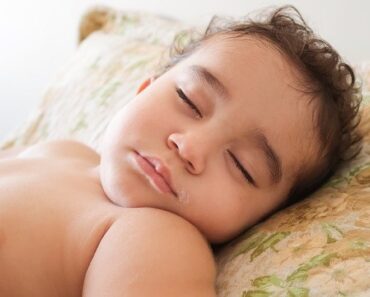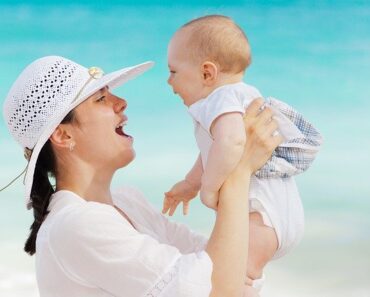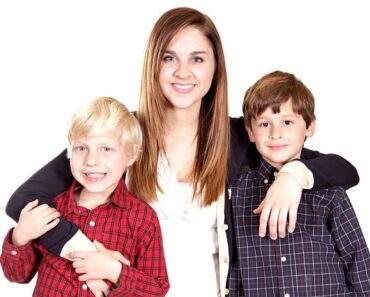A lot of people wonder about the question “How old is too young to have children?” Most couples in their late 30s are indeed childless, and there are a number of factors that play into this. One of them is the economy: the average family income is lower than it was in previous generations, and many families are living on social assistance. Another is genetics: if you’re bloodline has a history of having children, it will probably be hard for you to have children later on. If you have a biological child who’s quite old, though, you may feel like you’ve waited too long.
There are three important answers to the question “How old is too young to get pregnant?” Firstly, don’t panic: even the most experienced women in their thirties don’t always hit the age when they would otherwise be ideally able to start a family. Most experts agree that an ideal age for a woman to start trying to conceive is closer to her actual birthday than her age. This is because some hormonal variations may still be occurring with your body, even if your reproductive system is fully functioning.
For a woman nearing the end of her fertility period, getting pregnant should be a real priority, but not something that need to be rushed into. Older women who have already reached their menopause (when the level of estrogen is at its lowest) may find that it’s hard to conceive. It’s also believed that a woman’s level of mobility has an impact on her chances of getting pregnant: a woman who can walk longer and lift more weights than her partner can be more likely to conceive.
But if you’re still in your late thirties and you’re not planning to become pregnant, or you’ve already got a child and want another, then your next consideration is how old you will remain fit for child-bearing. If you have been active during your reproductive years, then you may be at less risk of osteoporosis and other kidney diseases. Even if you’ve been inactive, however, your chances of osteoporosis and other diseases may have risen because you’re carrying more weight. Women who are obese are twice as likely to get osteoporosis.
This is another question that often bothers younger women who have just become mothers. It can be tough to balance work, school, a social life and a growing baby all at the same time, so can a woman reach the ideal weight after pregnancy? The answer depends on many factors, including how long you’ve been trying to get pregnant, your age now and how your body has changed since you were younger, and your healthy habits before becoming pregnant.
When a woman’s body breaks down as it ages, certain hormones go out of whack, causing a lot of health issues. Some of these may include memory loss, hair loss, decreased sex drive, and poor immune system performance. Your chance of getting heart disease, hypertension or cancer may also go up, depending on your lifestyle at this time.
Many women wonder about the effects that aging will have on ovulation. In fact, many women find that their menstrual cycles may get worse as they get older, although this doesn’t happen all the time. Other women report that they don’t always ovulate on time. It all depends on the woman’s age and her age-related fertility, which vary with age. But having a regular menstrual cycle may still be possible for women who are in good health and are not too old to get pregnant.
Men may have fertility problems as well, regardless of their age. Some men do see an increase in fertility after they turn fifty. But many of these men may not be able to father children well, especially if they are older than forty. They may have a harder time getting pregnant because their sperm count is low. So, if you are planning to get married or start a family, you may want to wait until you are a little older.






